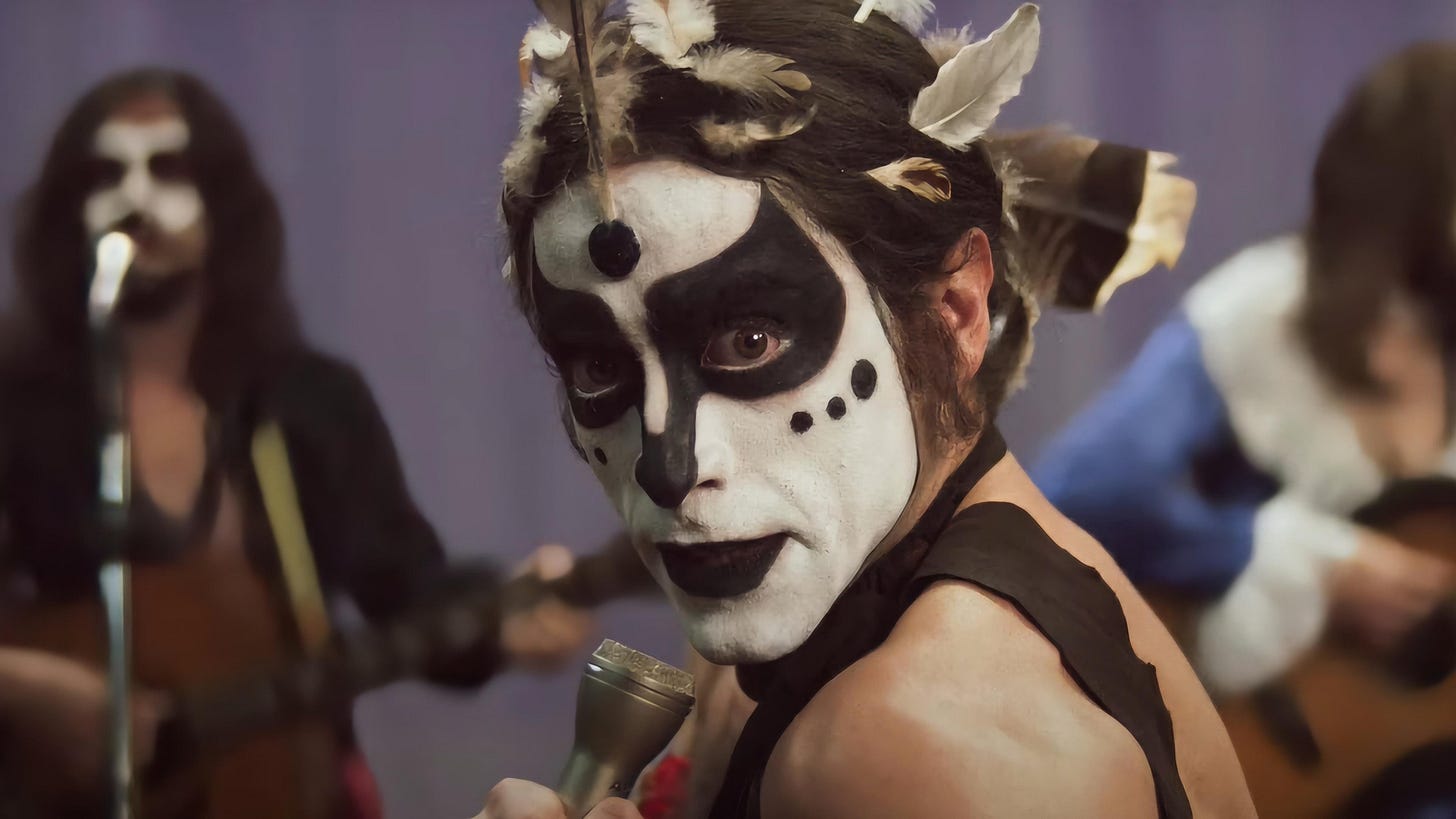It happened around seventh grade, a time when paying attention in class still mattered more to me than watching my back, so I sat at the front of the classroom. A classmate was bothering me—I don’t even remember exactly what it was—but I answered back in a loud voice, almost a shout, and the whole class heard:
— You think you’re more of a man than I am?
The class erupted in screams and laughter, a pre-teen audience performing surprise to emphasize the unexpected response and fuel the entertainment even more. I don’t recall if the teacher stepped in or what happened after that moment, except that my classmate—the one I directed the question to—later complimented me on the “good comeback.” In fact, I’m not even sure if this moment still exists anywhere other than in my memory…
My recollections of that time in life and of those people have faded over the years. I don’t even remember that classmate’s name. All I recall is another moment when he, sitting behind me, grabbed another boy by the back of the neck and forced his head toward his lap. Even though I had no concrete experience yet, I knew exactly what the completion of that gesture would have meant: for one, the reinforcement of his manhood; for the other, submission and the loss of it; for me, yet another seed I couldn’t allow to take root.
Back then, I still accepted the idea that being a man and being gay were conceptually opposed, as if the two couldn’t exist together. What’s more, I didn’t yet recognize myself as gay, even though I was deeply drawn to moments like that one. It was something I knew without quite knowing.
Countless times over life, both before and after that period, my masculinity was called into question. When not my masculinity, then my right to exist—to the point that for a while I believed it would be better to erase myself than to be who I was, whoever that was.
I recently watched Homem com H (which I translated as “Man with a capital M”), a film about the life of Ney Matogrosso, a Brazilian singer with a fabulous voice, and I left the theater completely moved—by the story itself and by the sheer presence of the man at the center of it.
The film shows Ney as someone who, from childhood, had a strong sense of self—or at least of whom he didn’t want to be. As a young boy, he defied his strict father, and later abandoned his home to forge his own path, which he found in the arts. The song that gives the film its title, Homem com H (literally "Man with a M"), repeats “because I am a man, and I am really am,” while Ney dances, sways his hips, and dresses in ways that defy conventional ideas of masculinity. It’s not a slap in the face of the idea of masculinity—it’s a playful caress from someone who’s already seen through the concept’s limitations.
My own childhood wasn’t shaped by the presence of some authoritarian adult screaming at me not to be a fag, and yet I still grew up obedient, captive, and afraid. I was a good student within the traditional “banking” model of education, and I learned well how to meet other people’s expectations—to the point that, even now, I still feel safer trying to please others than saying what I really think. Good son, good student, the one who doesn’t cause trouble—I know that whole script by heart.
And yet, I’ve always admired people who carry a certain flame of authenticity, who defy their surroundings in order to follow their own desires. Isn’t that, after all, something we often associate with masculinity?
I remember back in fourth grade, watching a classmate take off his school uniform shirt right after leaving the school gates. Just a scrawny kid with a bare chest in the middle of a crowd of uniformed children, but to me, it felt like a profound act of courage and boldness—something I would never have even considered doing at the time, and still struggle with today.
Even then, I already asked myself: what’s the secret? Why do some people move through the world with their chests out, while others are afraid to say what they think?
Is it only the result of being raised “to be a man with capital M,” or maybe something that’s built-in on our genetics? Most likely, both.
Maybe in the past, I wished to “be more of a man.” Today, I see that category as insufficient, limiting, and harmful. If someone thinks they’re more of a man than I am, so be it, I hope that makes them happier.
What I hold within me now is a growing desire to be more honest with what I feel and need in order to live healthily—and to help those around me do the same. To make life more wonderful for everyone.
Watching Homem com H reminded me of how powerful it is to see someone doing what they truly want—especially someone like me: gay, polyamorous, an artist, someone who often feels out of place. The film reminds me that it is possible, that there is so much life to be lived despite all the social prisons we build and submit to. That it’s worth being who I am—whether that’s a man, a woman, or something beyond what those words can capture.
With love,
Tales




